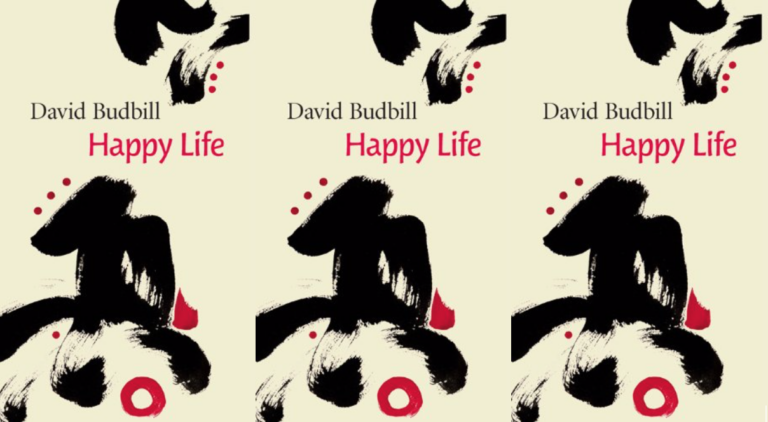Midwood’s Elevated Vantages

Midwood
Jana Prikryl
W. W. Norton & Company | August 9, 2022
Dante Alighieri famously wrote: “Midway along the journey of our life / I woke to find myself in a dark wood, / for I had wandered off from the straight path.” Jana Prikryl’s Midwood is a modern, sensitive, and satisfying contemplation of different physical and figurative midpoints, the elevated vantages we gain from leaving the straight path.
The collection embraces literal woods and nature, with poems that are straightforward but linguistically complex, and always elegant in their economy. There’s a delicate concision to these pieces—all no more than a page long—and they are vivid snapshots richer for their brevity. In Prikryl’s talented hands, this distillation renders each word potent, and in doing so serves as an invitation to enter intimate spaces.
One of these spaces, for example, is the minutiae of family life: “the little man who’s four / got us up for sunrise in the living room / because it’s very beautiful.” Here, Prikryl effortlessly conveys the timelessness of single moments during which we feel at once grateful and aware that the moment always ends. Prikryl combines the ephemerality of the sunset with the four-year old’s perspective versus the parent’s organically, creating a liminality in which we live in many temporalities at once, especially where nature is concerned. She demonstrates the power of poetry compared to prose: the freedom to artfully juxtapose disparate ideas and images on small canvases, and in collaging them, make time stand still.
These subtleties in Prikryl’s writing are also in her use of syntax. None of the poems conclude per se; there are no full stops, so the experience of reading the book is akin to watching the ocean break upon the sand: each wave, each poem singular, yet part of the same ecosystem.
Yet Prikryl’s poems are as playful as they are philosophical, as in “Jet Lag”: “look at this / bizarre custom of sacrificing sleep to get anywhere / just how am I supposed to function when I get there.” Here, she examines the human condition—how we experience life, love, and loss—through elegant observations and often unanswerable questions. Syntactically, nearly all of those questions are unpunctuated, placing us, and the language, in a limbo where everything is a statement, even that which is unresolvable. It’s in this limbo that Prikryl houses both the speakers of the pieces as well as poems themselves, and it is testament to her clarity and power as a poet that the reader still feels grounded.
These are smart, inquisitive pieces that play with the philosophical underpinnings of language and poetic structure. How much does absence create presence? Do we hew too much to the latter in our meaning making? Like an intellectual Rorschach test, how much more is there to be discovered if we alter our perspective, such as in “Other Words”? “As you try to keep in touch with the single / wire of meaning that runs into the future / in other words the absence of meaning / also is a guide,” Prikryl writes. Throughout the collection, she constantly invites us to make this absence a guide.
A collection with so many poems that center on or are in conversation with trees begs the question: can there be too many arboreal poems? Not when a poet as confident at Prikryl uses them as starting points of meditations. In each of her poems, Prikryl’s form of linguistic compression along with her sharp philosophical, intellectual and personal contemplations feels fresh and engaging. An example of such lushness in language and subject matter comes about in “Midwood 8,” in which Prikryl writes about “the complacency of summer” asking:
what can the plants do but endure this closeness
the trees, their varieties, and ivy, nameless shrubs
and hedges, no one speaks their name
only flowers get that nod and certain grasses
[…]
…that’s when the mature ones
rustle it off, slip almost
sexily out of that dress, unbearable
to feel such potential against one’s skin
There’s a special delight in Prikryl’s concentration on what is outside her window, the changes from season to season, the repetitions, and what is rooted and roots us, if we allow it to do so. It’s both a poetic act, and a necessary one, especially in our fragmented times. It feels almost radical to take the gaze away from the greater calamities of the wider world and from technological tethers, and engage with that which is “doing its thing.” We are enjoined to remember our own seasonal selves, our own constant, assertive emerging, to be passionately, committedly, here.


